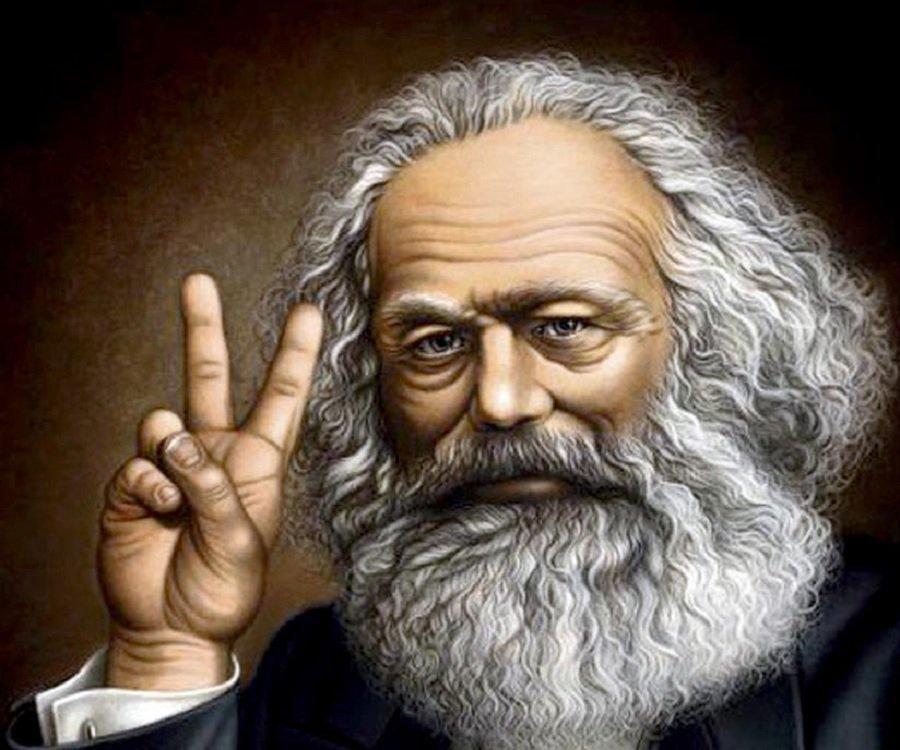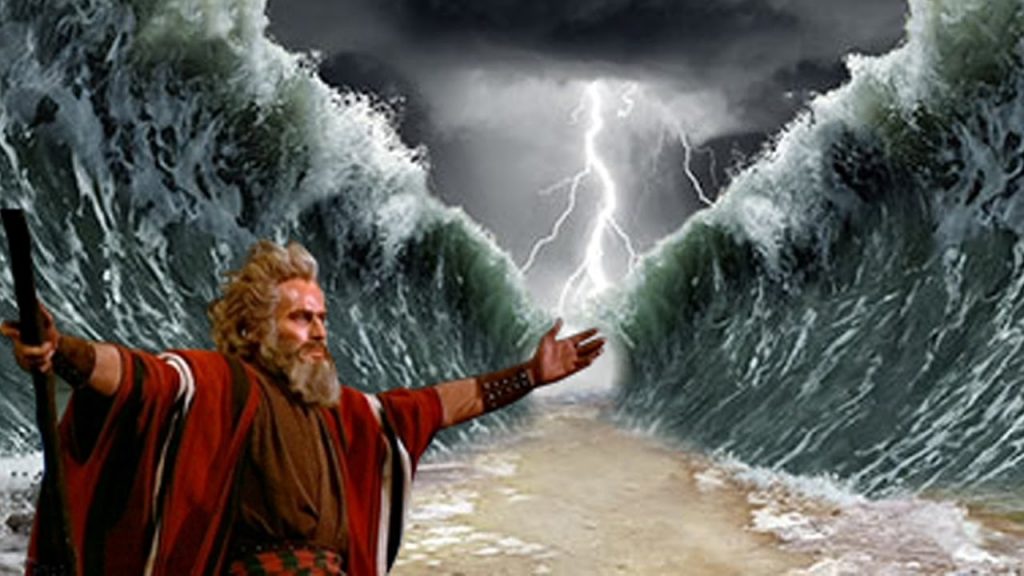Socialism & Religion

I was but 17 years old and in my second year of Bible College. I had read a lot of books on philosophy, psychology and political philosophy. I could not see to get enough. The one book that was much talked about, but not readily available was, The Communist Manifesto by Karl Marx. Of course, I could not find it in the closely guarded college library.

Then I discovered that one of the students worked as a librarian at Lackland Air Base, near the college. I asked him to see if the book was in their library. A couple of days later he slipped the book to me. He had checked it out for me.
I dug in, reading with gusto and by the time I had read it half through, I was appalled. I continued to the end, but the general philosophical context was not to my liking.
What offended me was the position Marx placed government in. The central control of government was in antithesis to the individual and the Biblical structure of God’s relationship with man and then man creating government. In fact, it was anti-theistical. There was no all-powerful Creator. All power and authority were in human government and a central government held all power over all individuals. It was the structure for a ruling elite, a top down existence that negated any importance of the individual or of individual human rights.
I three weeks, I became a philosophical antagonist of communism and of any socialistic theory that inverted power structures I had grown up with. My parents were curious people who read constantly. I joined them early in life and I read. By the time I was 12 years old I had read all of Jack London, Frost, Dickens, Robert Lewis Service and many others. Then my attention turned and at 15 years of age I decided to read the entire works of John Calvin; and I did.
So, when I read Marx, I was not a neophyte open to the pie in the sky ramblings of a philosophy without context and structure. I was offended early but read it through to the end to confirm my structural objections.
I was and am a Christian. I believe in God the Creator and the Biblical emphasis on an individual and personal relationship with the eternal author of my being. In fact, I would and still will confess that I talk to God and He talks with me. We are not distant objects, separated by time and space but I am one of those who embrace the concept first advance by the Apostle Paul or, “Christ in you the hope of glory.”

For the Christian, this is the bottom-line belief. God is not a distant cosmic figure of folk lore. He is personal, and Christ is the revelation of God to us and Christ is not just a good teacher, a prophet or a historical figure. He is the eternal God manifest and He is available to anyone who believes, to be a resident spiritual force in them.
This is in stark contrast to Marx, and the other philosophers who elevate government of the masses at the expense of the value of the individual. In Christian thought, the individual in relationship to the Creator has personal human rights, given directly by the Creator. In socialist thought, the individual has no ownership of property and no access to the ultimate level of authority. All are equally subservient to the all-powerful state that administer rights and privileges as it sees best.

The founding of the United States proposes a structure that is based on the philosophies of Burke, Locke, Hobbes and others of their day. It is the philosophy that inverts the political structures of history and proposes that power resides in the individual and is loaned or delegated to those who hold political office. This structure limits the power of government and places it in the hands of the people. It acknowledges God as the source of human rights and of the value of the individual in the holding of power over their own lives to own, achieve, grow and become. It sees power as held at the lowest levels and flowing upward. This is antithetical to Socialism, which proposes a ruling class from which all power, all distribution, all value and all authority flows.
Religion and PoliticsHistorically, the religious authority and the civil authority has been shared in many western cultures. In Jewish history, civil authority was overshadowed by the Temple priests and the Law of Moses. The prophets and priests had access to the king and quite often told the king what to do.

In early European history the Church played a significant role in the administration of both government and law. It was not until the American system of government evolved that the church was honored but was seen as separate from government. Government was prohibited from the affairs of the church or from establishing a state church.
The war between the government of the church and that of the state is historically long and sometimes brutal. It remains today in occasional brushes and antagonisms. Yet, the church has thrived where government is not the ultimate authority and where God is honored as the ultimate authority of all creation. It is in the socialist state that this separation and antagonism is dealt a death blow. It is here that the state becomes the ultimate authority and governs all things and assumes supreme authority in the illusion of being all powerful. And that has been the unraveling of the socialist state. When the individual has no power and no value and is forced into the role of bland and hopeless nothingness, the people once again gravitate to religion, where they have access to the ultimate authority and are crowned with value and worth. This also inverts responsibility and power and absent the state as being ultimately responsible, individuals pick up their responsibility and become productive.

Thus, religion and socialism are incompatible. In particular, Christianity and socialism are polar opposites and are totally incompatible. Attempting to accommodate both within a social structure is an invitation to conflict and a struggle to serve different gods – The State as God or the Sovereign Lord of Creation.
